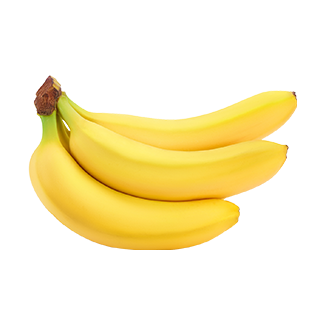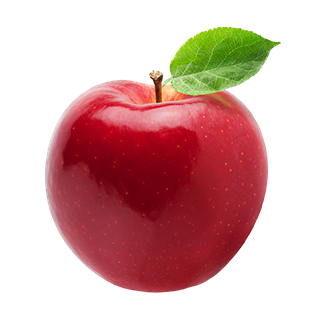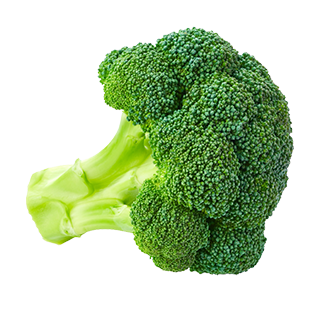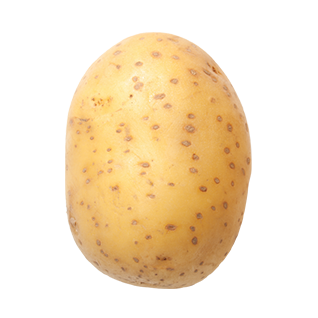WRAP’s research identified the potential to reduce household food waste by removing the plastic packaging on uncut fruit and veg, enabling us to buy what we need.
In the UK, about 70% of wasted food comes from the home, with fresh fruit and veg being the main offenders.
Selling fruit and veg loose will also lead to significant reductions in the amount of hard to recycle single-use plastic we put in our bins.
How are we unwrapping the opportunity?
The Pathway ambition and targets
The Pathway has been developed in consultation with industry, to provide highly challenging but feasible targets. It supports the delivery of targets under The UK Plastics Pact, The Courtauld Commitment 2030 and WWF Basket.
As a minimum, retailers are encouraged to work towards the following targets:
2023
By end 2023: retailers to sell at least one option of each of the fruit and veg lines listed below loose, if 2 or more lines of that product are stocked. Retailers are encouraged to look at additional items to sell loose wherever possible.

2024
By end 2024: retailers to sell at least one loose option of each of the fruit and veg lines listed if that product is stocked. Retailers are encouraged to look at additional items to sell loose wherever possible.

2025
By end 2025: 30% of uncut fruit and veg sales volume (units/kgs) in store (5% on-line / 10% in stores without weighing capabilities) to be loose.

2030
By end 2030: 50% of uncut fruit and veg sales volume (units/kgs) in store (10% on-line / 40% in stores currently without weighing capabilities) to be loose.

In addition to aiming for the targets listed above, a year-on-year increase in the percentage of fresh produce sold loose is expected and will be monitored through annual reporting.
Which fruit and veg items will we begin to see sold loose?
70,000 tonnes of hard to recycle plastics are used to package uncut fruit and veg every year.
Going further and faster
There are significant challenges for retailers to implement these changes. We are working with retailers to trial, learn and innovate in this space so we can move further and faster, together, to reach our goal of selling most uncut fruit and veg loose and only loose.
The WRAP led plastic reduction journey, ahead of GB legislative requirements, shows pro-active commitment from the fresh produce industry... it is anticipated that this collaborative approach means progress can be made in a sustainable and measured manner throughout the supply chain to minimise the use of plastic and reduce waste and emissions. WRAP’s Pathway enables a framework for such an approach.
- Kelly Shields, Regulation & Communications Manager, Fresh Produce ConsortiumNobody wants to see good food go to waste or add to the tide of plastic packaging which blights our streets and beautiful countryside. This ambitious new initiative will help to tackle both these issues and builds on recent government efforts in this area.
- Rebecca Pow, Defra ministerThe changing landscape
We need to transform our relationship with plastic packaging. Only using it where it's necessary and removing it where it is problematic and unnecessary.
Key to this transformation will be eliminating problem plastics like the plastic wrap on uncut fruit and veg.
Another critical part of this transformation in changing how we shop will be the shift to reuse and refill for many everyday items.
Download files
By downloading resources you are agreeing to use them according to our terms and conditions.
These files may not be suitable for users of assistive technology.
-
 Download
DownloadThe UK Plastics Pact Pathway to Loose V2
PDF, 891.58 KB





